
This logo isn't an ad or affiliate link. It's an organization that shares in our mission, and empowered the authors to share their insights in Byte form.
Rumie vets Bytes for compliance with our
Standards.
The organization is responsible for the completeness and reliability of the content.
Learn more
about how Rumie works with partners.
Do you have a natural curiosity and a passion for investigation, particularly when it comes to understanding animals and wildlife?

Does zoology captivate you, and are you interested in building a career in this field?
Let's explore a roadmap to entry-level zoology, so that you can discover how you can unlock your potential for success in this exciting and fulfilling field!
What Does a Zoologist Do?
Zoology, a branch of biology, is the study of the animal kingdom. Zoologists investigate a diverse variety of animal species, both in the wild and in captivity.
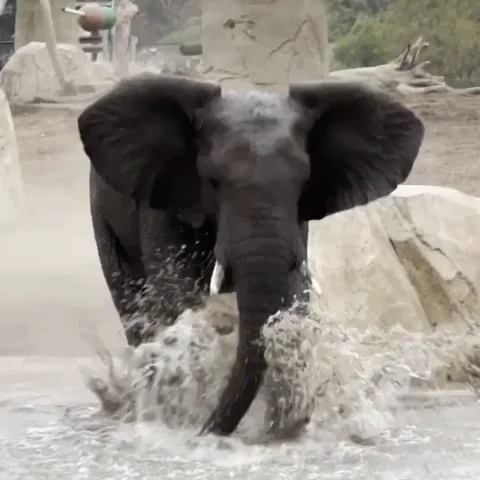
These scientists work to understand the psychology, behavior, evolution, classification, and ecological relationships of animals. You can pick a particular group of animals, such as birds or insects, or specialize in a specific species or a group, like beetles.
To be successful in zoology, it's not just a passion for animals that will get you there. You also need a set of key skills in your toolkit.
1. Develop Essential Skills
Technical Skills
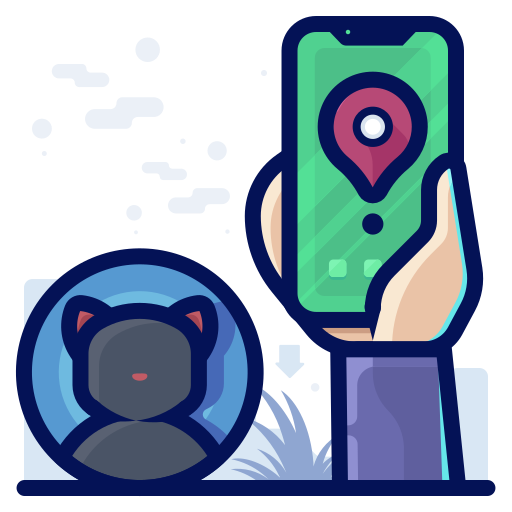
Field research techniques: Being great at survey techniques and observing animal behaviors is important for wildlife study. Get comfortable with tech tools, like GPS and remote sensing devices, that help with gathering and analyzing data.

Wildlife conservation and management: Take some courses in conservation strategies and management practices. When you understand the policies that affect wildlife you'll have a grasp on ecological principles and biodiversity.

Lab techniques: Try to gain some skills in things like species identification, histology or ecological sampling methods. This can really make you stand out in this ever-evolving field.
Soft Skills

Communication skills: You'll want to be comfortable writing reports and sharing your findings. You could be drafting research papers or preparing presentations, so having clear and effective communication is important.

Teamwork: You'll often find yourself working with other researchers and technicians in this field. Being open to others' ideas and sharing your expertise builds a good relationship with your peers and makes your projects more successful.

Critical thinking: Basic planning and project management skills are used in animal behavior studies and research. The better you get at thinking on your feet, the more effective you'll be as a zoologist!
2. Find the Right Work Environment
There are many specialties within zoology, and your work environment depends on your chosen field. Let's take a look at some of these places:
Fieldwork
Many zoologists work in natural habitats. They travel and work outdoors in various weather conditions. Fieldwork can include observing animals, capturing specimens, and collecting data.
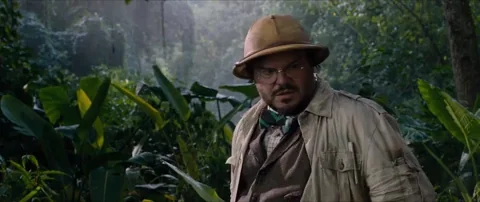
Zoos and Aquariums
After graduating, zoologists will often work in places like zoos or aquariums. They get to focus on taking care of animals and working on conservation projects. Zoologists work in teams with veterinarians, educators, and other staff to educate the public and take care of the animals.

Research Institutions and Universities
If you enjoy academic research and teaching, you might find yourself working in offices or laboratories within universities or research institutions. You'll be publishing your discoveries and mentoring students.

3. Establish a Network
While education and experience in your field are undoubtedly important for distinguishing yourself, there's another key piece to the puzzle: building connections with industry professionals and mentors. Surrounding yourself with the right people can really change the game for your career!
Let's dive into some fun and effective strategies to make those valuable connections.
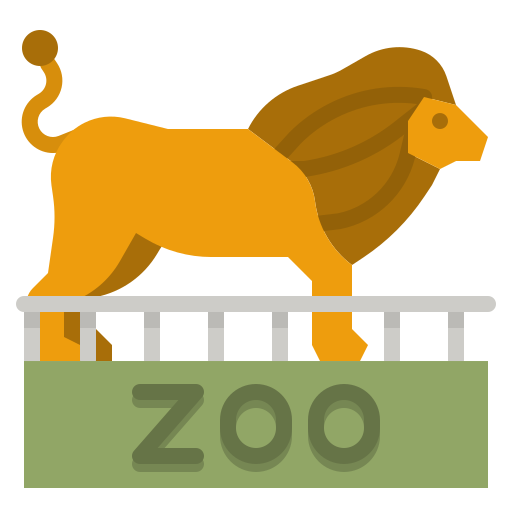
Hands-on Experience
Look for internships/volunteer opportunities at zoos, wildlife rehabilitation centers, or conservation organizations to build your resume and gain practical skills.

Conferences and Workshops
Going to industry-related conferences and workshops is a great opportunity to meet professionals in the field and stay current on the latest trends and research in zoology.
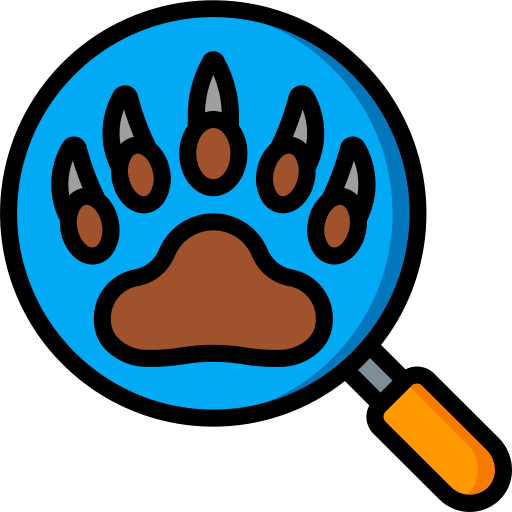
Professional Associations
Join zoological or wildlife organizations to meet people, find resources, and get mentorship opportunities.

Social Media for Networking
Use platforms like LinkedInto connect with industry professionals, follow organizations, join groups related to zoology, and stay updated on job opportunities!
Don't forget to touch base after meeting professionals at events! It's a great way to keep up with relationships and even open doors for future opportunities.
Quiz
Alex is a college student majoring in biology, with interest in pursuing a career in zoology. What should Alex prioritize during his time in college to set himself up for a successful career in zoology?
Gaining hands-on experience through internships will provide Alex with valuable insights into different specialties and help him make informed career decisions!
4. Learn from Professional Feedback
You are just starting out in zoology, and you are excited to learn and grow in this field. While we all strive for perfection in our pursuits, it's important to know that achieving it all the time just isn't realistic! That's why constructive feedback is so helpful, it can really help you shine and develop your skills.
Let's explore some strategies on how to implement the feedback you'll receive:

Listen Actively
When you get feedback on your work, try to be open and focus on the perspective of your supervisor or colleagues. If the feedback is unclear, ask questions!

Reflect on Feedback
Take time to reflect on the feedback you get. Try to look for recurring themes from different sources. It's a great idea to keep a journal where you can write down feedback and your thoughts and plans on how to improve.

Set Goals
Work towards your goals based on the feedback you get. Consider enrolling in courses or spending more time in internships. Explore ways to begin improving your skills.

Remember, professional feedback is a great resource for your career development. Use the advice you get to guide your personal and professional growth in zoology.
Take Action
Ready for a successful career in zoology?

This Byte has been authored by
Kirsten H
Learning Designer Volunteer
Master